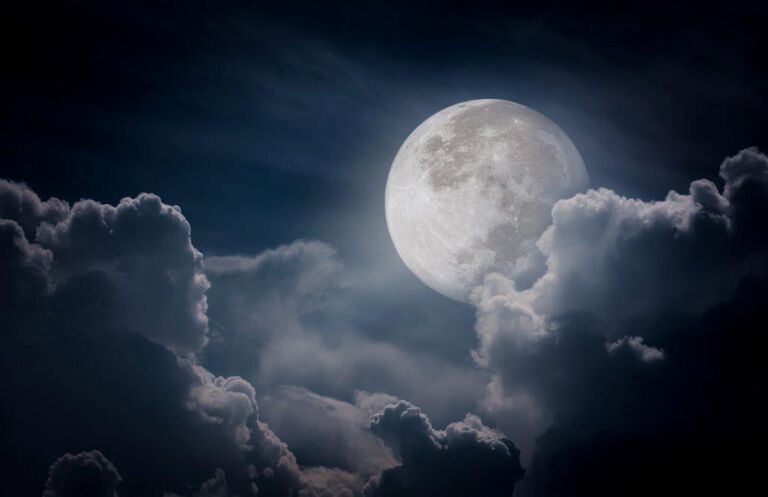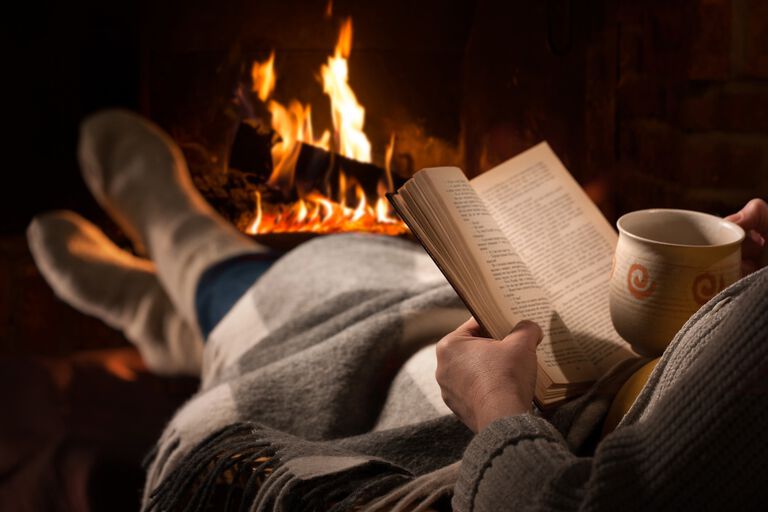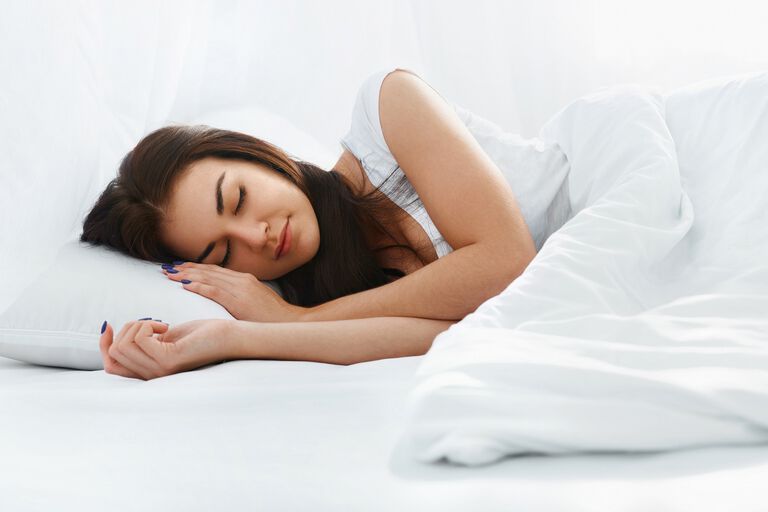CAN A FULL MOON AFFECT YOUR SLEEP?

A full moon can often have a very powerful effect on the imagination, making us think of werewolves howling and any number of supernatural things – but can it affect the body as well as the mind?
TEMPUR dives in deeper to find out if the moon’s influence is pure fantasy, or if it can actually change our sleeping patterns…
WHAT IS A FULL MOON?
The appearance of the moon varies from night to night. This is known as the ‘phases of the moon’, and it may appear as a crescent, half circle, or full disk, depending on the angle that the sun shines on the moon.
Each month, the moon experiences eight distinct phases within its overall cycle. These are:
- New Moon
- Waxing Crescent
- First Quarter
- Waxing Gibbous
- Full Moon
- Waning Gibbous
- Last Quarter
- Waning Crescent
Most of the time, these are abbreviated into four phases:
- New Moon
- First Quarter
- Full Moon
- Last Quarter
In these phases, the moon will change in its visibility from full illumination to full darkness. These changes occur as the moon travels through its orbit.
When a full moon occurs, the entire face of the moon is illuminated by the sun’s rays, which is why the night sky appears to be so bright.
WHEN DOES IT OCCUR?
A full moon takes place every 29.5 days, which is the length of time it takes to complete one lunar phase cycle.
This usually occurs within the first 10 days of the new month, after the first quarter.
Technically, a full moon is the result of the exact moment in time when the sun and moon are perfectly aligned, making the full moon visible from sunset to sunrise.
‘THE LUNAR EFFECT’
There are numerous links between the moon and the behaviour of humans.
Often these links are imaginary, such as the suggestion that the moon causes weird behaviour or that a full moon leads to a rise in birth rates –a full moon has even been blamed for influencing how people vote in an election!
Most links between a full moon and human behaviour are tenuous at best.
However, there have been links that may hold more truth, such as the moon and its effects on a woman’s menstrual cycle. Scientific research has found that a large number of women synced with the moons pattern.
CAN A FULL MOON AFFECT MY PERSONAL SLEEPING PATTERN?
Another myth that may actually have some truth to it is the moon’s impact on our sleep.
Swiss researchers did a trial where their participants slept as they usually would, but in a location without any light or clocks.
The researchers found that, unbeknown to the participants, when there was a full moon the participants struggled to sleep. The quality of their sleep was worse and they slept for a shorter period of time and were more restless.
However, they worked out that it was probably linked to the amount of light you are exposed to when the full moon occurs, rather than any mysterious lunar clock yet to be discovered.
Whatever you believe, it looks like there could be some evidence out there for how the moon really can affect our sleeping patterns!
Download our brochure
Want to know more about our story? Download our brochure to see more.

Visit a TEMPUR® store or talk to a sleep expert
Want to know more about TEMPUR®? Either visit us in store or arrange to speak to us today.
Get the latest news and offers
Sign up to receive news and offers about TEMPUR® products. Detailed information on the use and storage of data can be found in the Privacy Policy.



